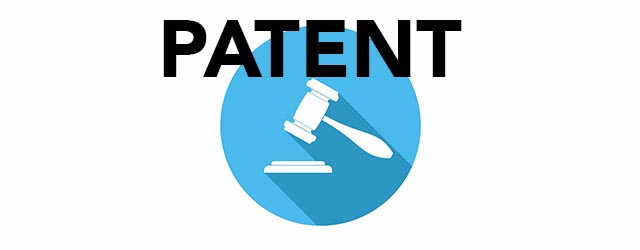A European patent regime with unitary effect and a Unitary Patent Court is set to come into force as early as 2017, making it simpler and cheaper for international corporations to defend their intellectual property rights.

But it could be years before the UPC produces results.
Robert Klinski, a managing partner at Patentship, a Munich-based patent firm, says the unitary patent, which will guarantee supranational protection for inventions in 25 countries across Europe, should be simpler and cheaper, benefiting large corporations that do most of their business in the European Union (EU).
“The current European patent system does not make sense,” he explains. “You have a European patent, but when the patent is granted you have to go to each national office to validate the already granted patent.”
The cost for unitary patents will be drastically reduced from approximately €30,000 ($33,900) per patent to a few thousand euros once the UPC comes into force. The international agreement was officially signed in 2013, but Italy, which had initially opted out along with Spain, has only recently signed it.
Croatia, a relative newcomer to the EU, is the only other country that is not part of the deal. For the UPC to come into force, at least 13 member states, including France, Germany and the UK, must ratify the deal. But so far only Austria, France, Sweden, Belgium, Denmark, Malta, Luxembourg and Portugal have done so.
Another beneficial impact of the new system is the
possibility to appeal a decision made by the European Patent Office—something that is not possible now.
More important, the UPC should help overcome the inability to invalidate a patent in the same court when a firm is accused of infringement. “At present, in Germany you have to file a patent invalidation procedure in a
different court from the one where you have been sued for infringement,” says Klinski. “This is very expensive.” This bifurcation applies not only to Germany but to Poland, Slovakia, Austria and the Czech Republic.
However, Klinski says, it will be decades until everyone is educated in the procedures of the new unitary patent regime. The initial impact of the system, he adds, will be to increase the importance of local patent offices, as clients may be afraid to use the new court system.



